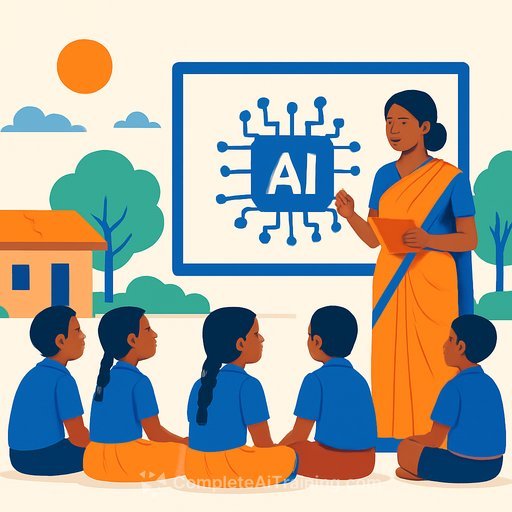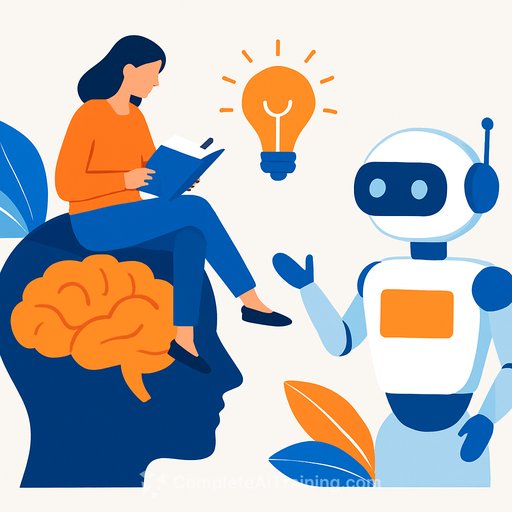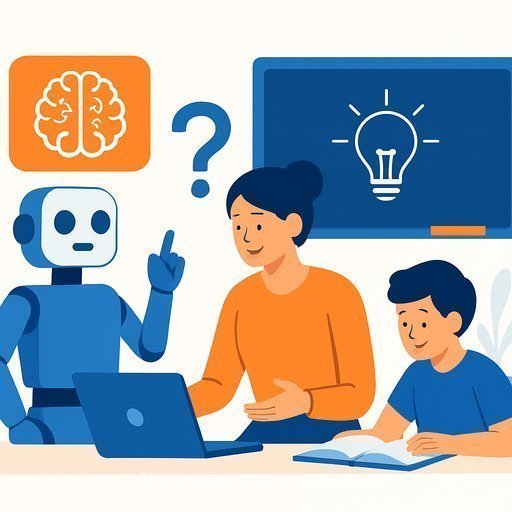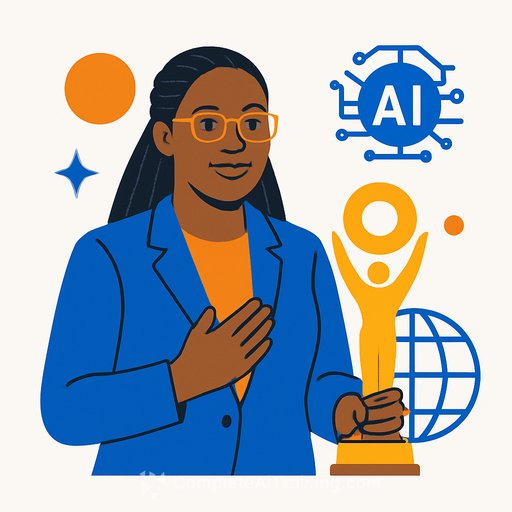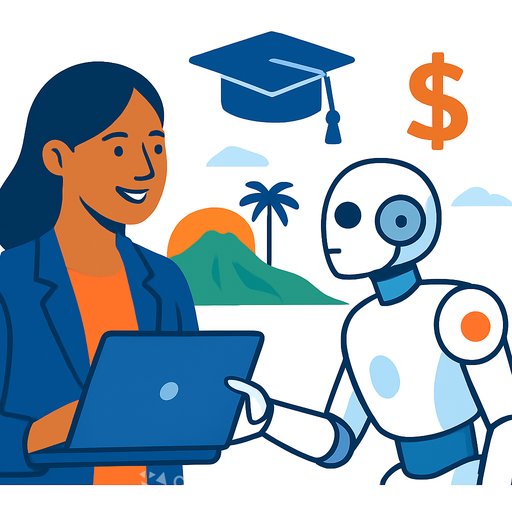Practical AI ideas SA schools can use - lessons from China
Stirling Primary School computer science and ICT teacher Wesley Renton has returned from a digital learning programme in China with a simple message: start small, focus on what helps teaching, and let data guide day-to-day decisions in the classroom.
Selected by the department of basic education after placing second in the 2024 National Teaching Awards for ICT integration and project-based learning, he spent three weeks in Jinhua at Zhejiang Normal University, studying how AI and digital platforms support teaching quality.
What stood out
Mornings were lectures on AI in education and digital teaching systems. Afternoons were school visits to see those tools in action. The structure made the link between theory and practice obvious and useful.
One highlight was an AI-assisted video analysis tool for teacher development. It breaks down a lesson - movement, questioning patterns, learner responses - and produces a report to support reflection. The purpose wasn't policing; it was growth.
He also saw digital dashboards used widely to track pupils' progress in real time. Teachers could quickly identify strengths and gaps, then adjust the next step in the lesson. Data wasn't just for marks - it informed teaching moves.
Outside the classroom, the group experienced China's broader tech ecosystem - QR-code bike rentals, cashless systems, and automated transport - plus cultural sessions such as rural visits, calligraphy and Tai Chi. The takeaway: education technology sits within a wider social context, and that context matters.
Collaboration across Africa
Renton attended the Third China-Africa Dialogue on Science Education with delegates from 19 African countries. The focus was AI in STEM education and practical collaboration. Many countries face similar constraints, and there's real value in sharing solutions that match local realities.
What SA schools can do now
We don't need full-scale platforms to make progress. Small, affordable steps can shift practice and save teacher time. Start where the value is clear:
- AI for teacher reflection: Record a lesson on a phone, generate an automatic transcript, and tag moments like "wait time," "open vs closed questions," and "learner talk ratio." Repeat every few weeks to track growth.
- Personalised practice at scale: Use simple quiz generators to produce varied question sets. Group pupils by need for short, targeted tasks while you circulate and intervene.
- Real-time evidence: Capture exit-ticket data in a shared spreadsheet. Use basic conditional formatting to spot concepts that need reteaching the next day.
- Language support: Translate instructions or scaffolds into home languages for clarity. Keep the original text alongside for learning continuity.
- Low-bandwidth planning: Cache resources offline, batch-sync when connected, and standardise file names so teams can reuse and improve materials together.
- Data habits over dashboards: Start with two indicators per unit (for example, key concept mastery and homework completion). Review weekly in a short PLC and adjust the next lesson accordingly.
- Privacy and consent: If filming lessons or learners, get consent, store locally, and delete after review. Keep models and tools as simple as possible to reduce risk and cost.
For educators building practical AI skills without heavy budgets, curated options are available. See AI courses by job roles at Complete AI Training.
Keep the focus on teaching
Renton believes SA schools can benefit from simplified versions of the tools he saw. The goal is straightforward: more personal, more inclusive learning through better feedback loops for teachers and pupils.
He hopes SA can host Chinese educators in future to share how local teachers stay creative and resilient with limited resources. He also encourages teachers to put their work forward for programmes like the National Teaching Awards - opportunities that broaden perspective and sharpen practice.
For context on global policy guidance, see UNESCO's work on AI in education: UNESCO AI in Education.
Your membership also unlocks:

